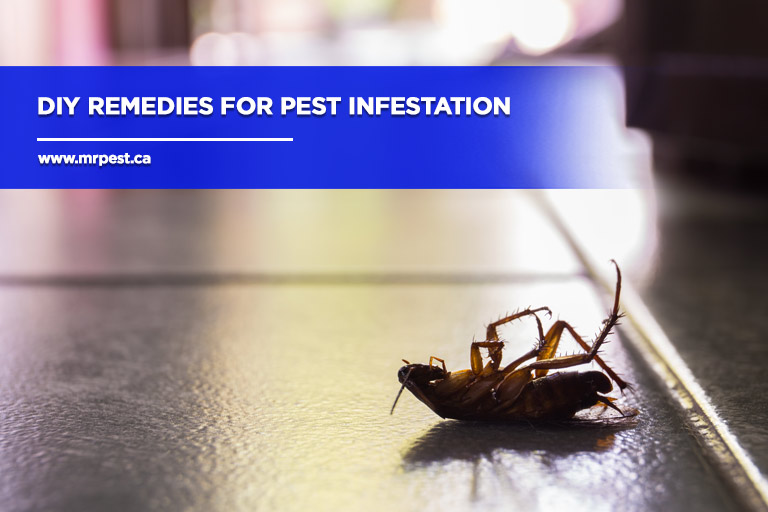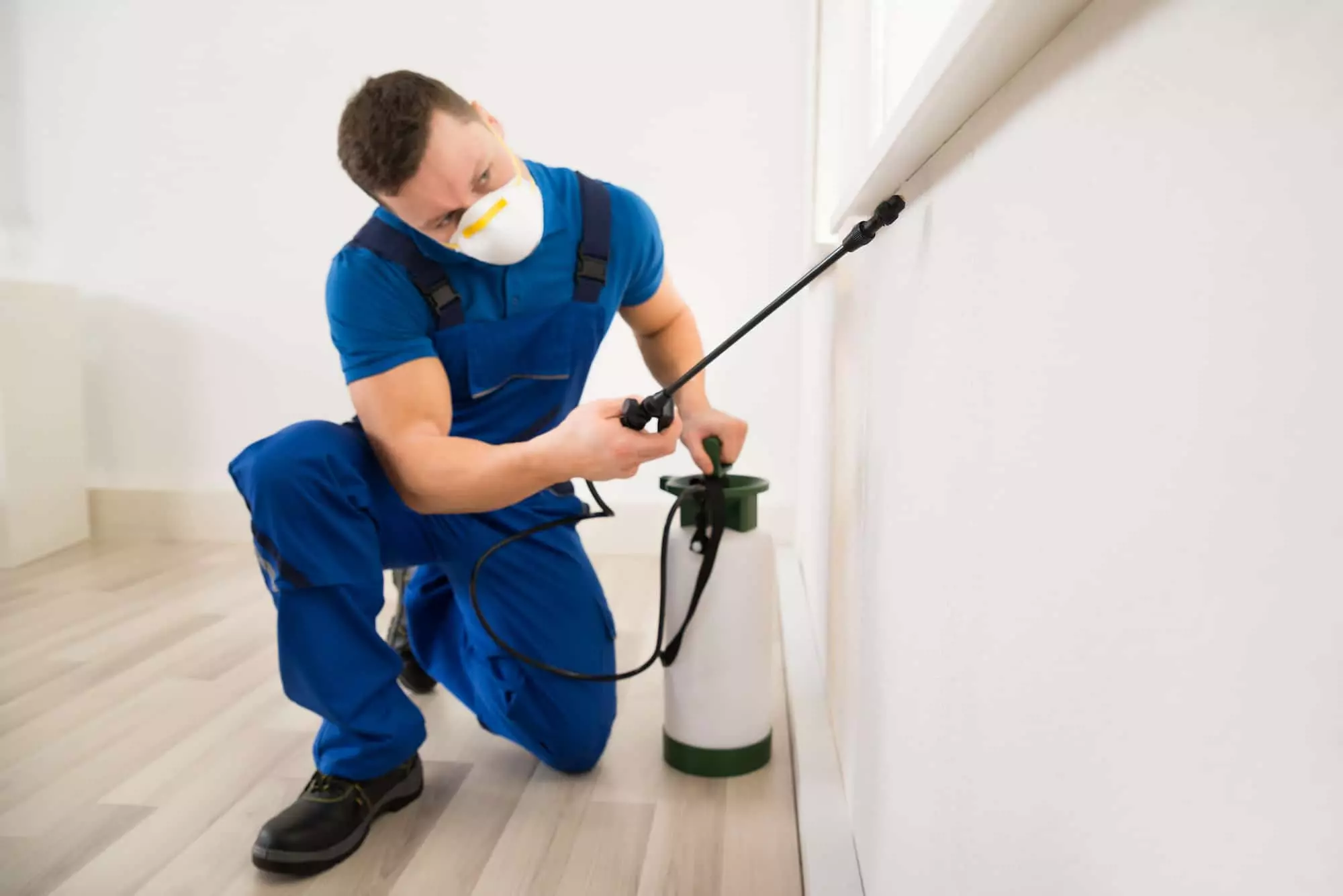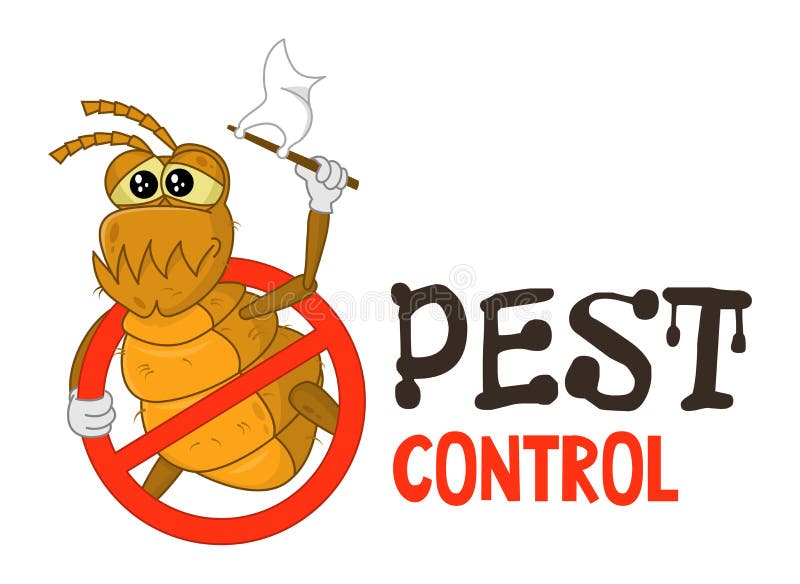Professional Wasp Control Coquitlam: Safe and Efficient Pest Removal
Professional Wasp Control Coquitlam: Safe and Efficient Pest Removal
Blog Article
Safe and Dependable Parasite Control for Lasting Protection
Reliable pest administration needs a diverse approach that stabilizes ecological stability with the demand for reliable bug suppression. The nuances of these techniques might not be immediately clear, motivating a better examination of the practices that can lead to sustainable bug control results.
Comprehending Parasite Control Techniques
Insect control includes a range of techniques intended at handling and removing unwanted pests and rodents that can endanger both health and property. Comprehending these approaches is critical for efficient pest monitoring.
The main classifications of parasite control techniques consist of mechanical, biological, and chemical methods. Mechanical approaches involve physical barriers and traps to avoid insect entrance and capture unwanted species. Making use of displays on windows or employing sticky traps can substantially lower parasite populaces without presenting unsafe materials - exterminator coquitlam.

Chemical bug control is frequently the most acknowledged technique, using chemicals to eliminate pests. These chemicals can be efficient however have to be used with care to prevent damaging effects on non-target species and the environment.
Advantages of Eco-Friendly Solutions
How can eco-friendly services transform insect control methods? The fostering of environmentally friendly bug control methods supplies countless advantages, dramatically improving the efficiency and security of insect management.

An additional advantage is the positive effect on local biodiversity. Environment-friendly options are created to target specific parasites while preserving helpful pests and wildlife, advertising a balanced ecological community. This approach aligns with the expanding customer need for lasting methods, improving the credibility of pest control suppliers.
Integrated Parasite Management Strategies
The application of environment-friendly services naturally results in the adoption of Integrated Pest Management (IPM) techniques, which better improve parasite control efficiency. IPM is a holistic method that incorporates numerous tactics to manage insect populations while reducing ecological effect. This approach stresses the usage of organic, cultural, mechanical, and chemical controls, ensuring a sustainable and well balanced technique of pest management.
One essential element of IPM is the detailed assessment of pest activity and ecological conditions. By keeping an eye on bug populations and identifying their life process, practitioners can apply targeted treatments that interfere with the insect's habitat or lifecycle, decreasing reliance on chemical pesticides. Furthermore, cultural practices such as crop turning and environment adjustment can considerably diminish pest establishment and recreation.
Another vital element is the use of organic control agents, such as valuable bugs or microorganisms, which can normally subdue pest populations. When chemical applications are necessary, IPM prioritizes using low-risk pesticides and applies them selectively, lessening direct exposure to non-target organisms and site web human beings.
Integrating IPM methods not only boosts insect control effectiveness but likewise promotes a safer community, straightening with the expanding need for sustainable practices in insect monitoring.
Safe Practices for House Owners
Comprehending the relevance of safe techniques in bug control can empower home owners to efficiently manage parasite issues while guarding their health and wellness and the atmosphere. Carrying out safe techniques and preventative actions is critical in reducing direct exposure to unsafe chemicals.
Homeowners must initially examine their atmosphere for problems that bring in insects, such look at this now as standing food, water, and clutter waste. Routinely cleaning and securing entry factors can prevent insects from getting into the home. Utilizing all-natural deterrents, such as vital oils or diatomaceous earth, can offer efficient choices to chemical pesticides.
When chemical treatments are essential, homeowners ought to choose products that are especially classified as secure for property use. It is important to follow application guidelines diligently to prevent overexposure. Additionally, utilizing targeted treatments in locations where bugs are determined, rather than covering splashing, can dramatically lower chemical use.
Lastly, keeping open interaction with insect control professionals is vital. Homeowners should ask about the safety and security of items made use of and demand green choices whenever feasible. By taking on these secure methods, homeowners can develop a healthier living setting while properly taking care of parasite concerns.

Tips for Long-Term Defense
Establishing a bug management strategy that highlights long-lasting defense can substantially improve the performance of the secure practices formerly talked about. To achieve this, home owners need to apply normal evaluations of their residential or commercial property, concentrating on hidden locations such as attic rooms, basements, and crawl rooms. Early discovery of pest task is essential in avoiding problems from holding.
These techniques reduce attractants that attract insects into the home. Securing access points, such as cracks around doors and windows, can successfully obstruct potential parasite gain access to.
Landscaping must additionally be considered; keeping plants trimmed and maintaining a range between vegetation and the home decreases hiding places for pests. Using natural deterrents, such as important oils or diatomaceous planet, can additionally inhibit infestations without resorting to rough chemicals.
Last but not least, teaming up with a professional pest control solution for periodic analyses can offer an extra layer of safety and security. These experts can supply tailored recommendations and advanced therapies, making certain that your home stays safeguarded versus parasites in the long-term.
Verdict
In conclusion, secure and trusted insect control calls go for a diverse method that stresses environmentally friendly approaches and integrated pest monitoring. By applying natural deterrents, carrying out regular examinations, and maintaining appropriate hygiene, homeowner can substantially decrease bug populaces while securing helpful pests and the setting. Cooperation with specialist pest control solutions boosts the efficiency of these approaches, making sure customized options that offer enduring protection and peace of mind against future invasions.
Effective pest monitoring needs a diverse method that balances ecological stability with the demand for effective parasite suppression. The adoption of eco-friendly bug control techniques offers various advantages, significantly improving the effectiveness and security of parasite administration.The implementation of eco-friendly solutions naturally leads to the adoption of Integrated Bug Monitoring (IPM) strategies, which better enhance pest control efficacy. exterminator coquitlam. By monitoring bug populations and identifying their life cycles, experts can execute targeted treatments that interfere with the bug's environment or lifecycle, lowering dependence on chemical pesticides.In final thought, secure and reliable bug control requires a multifaceted strategy that emphasizes environment-friendly techniques and integrated parasite management
Report this page